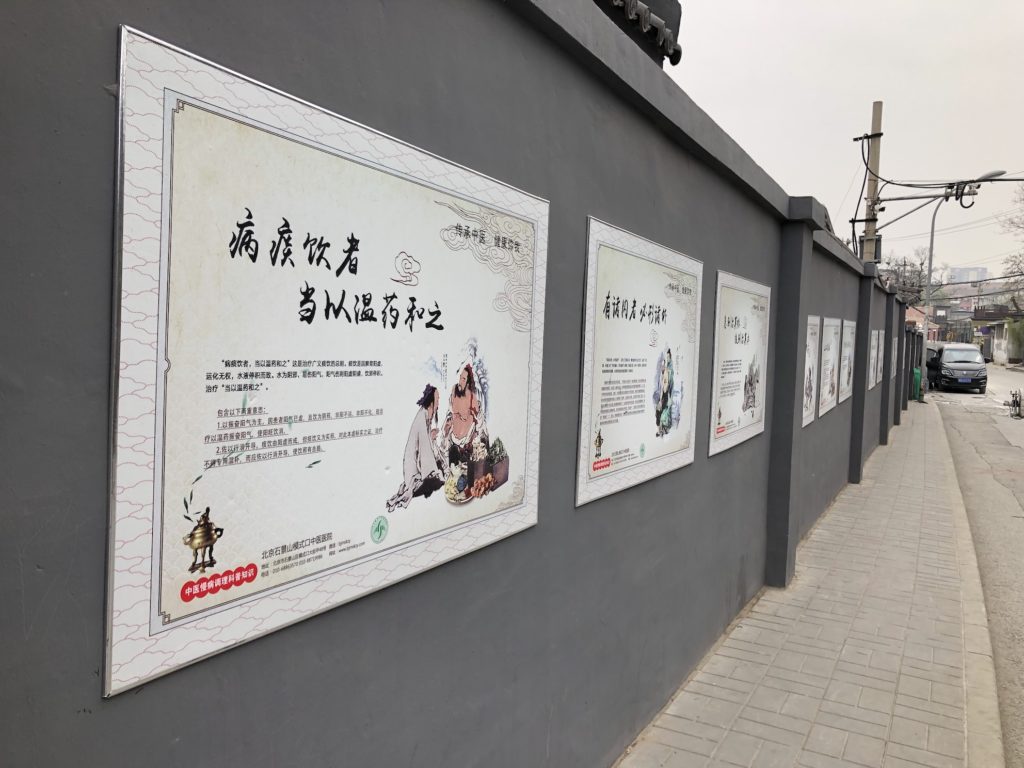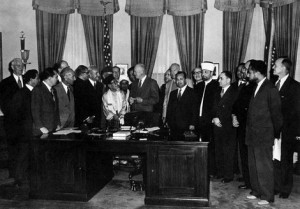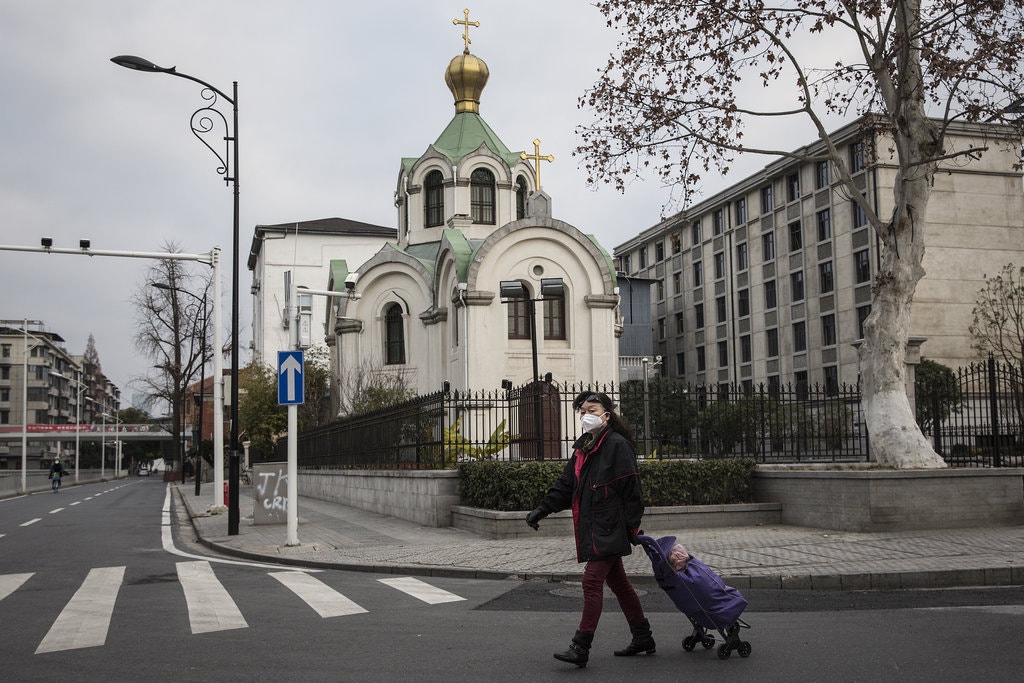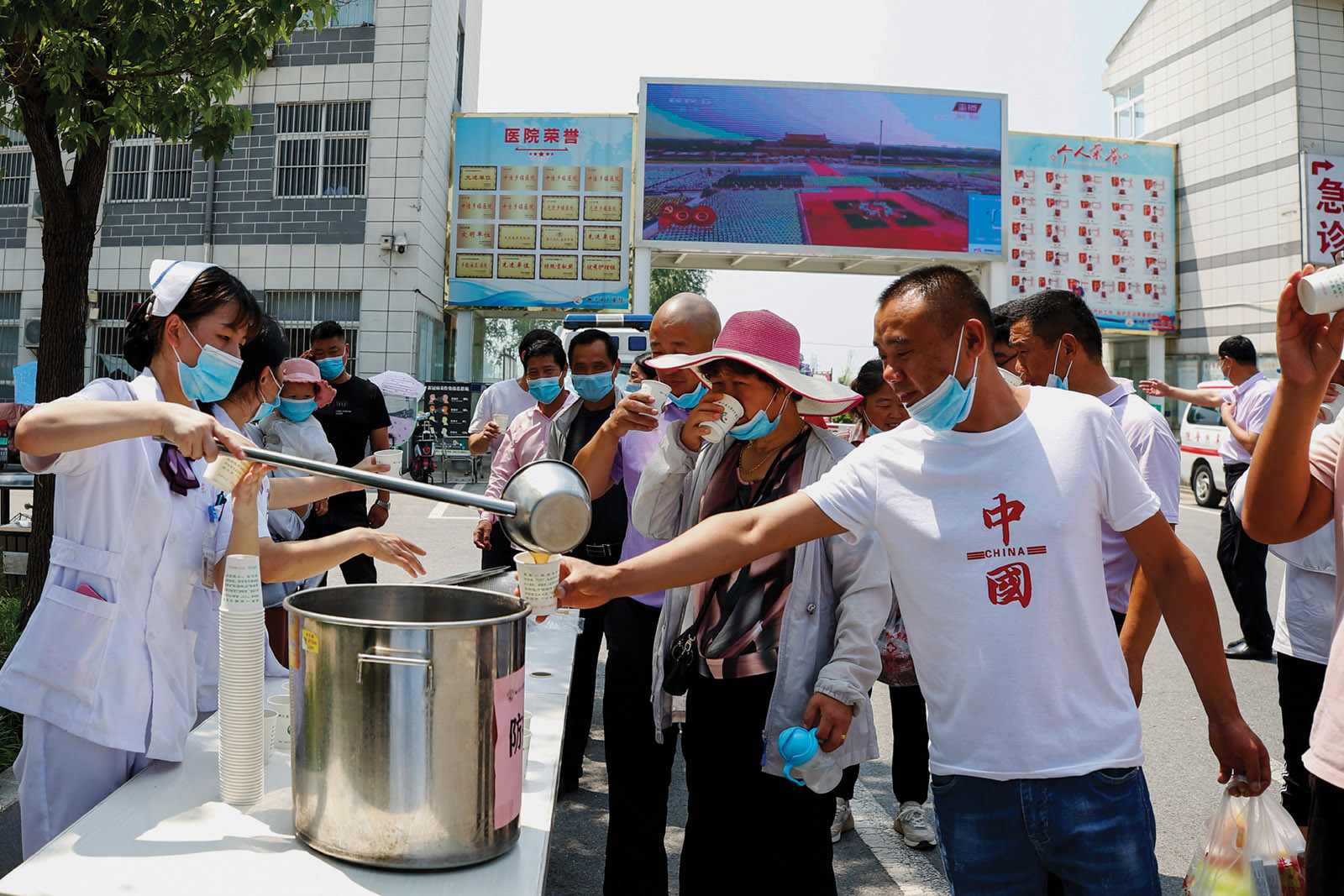
Chinese Medicine in the Covid Wards
Ever since the 1980s, I’ve been interested in Chinese Medicine as a Chinese cultural practices that is still widely in use today. This probably stems from my having roomed with Nigel Wiseman, who was just starting out on what would become a career as one of the most prolific translators of Chinese Medicine text. Through him and many personal experiences, I came to see Chinese Medicine as a useful complementary medicine.
In 2015, I published this article in the New York Times on how a Chinese scientist won the Nobel Prize for medicine for her work in using traditional herbs to find a cure for malaria. I used it to look at the sometimes sorry state of Chinese Medicine in China today–chronically underfunded and under attack at home and abroad for being “unscientific.” I’ve also spent much time traveling around China doing interviews on Chinese Medicine as part of a project on body and healing in China.
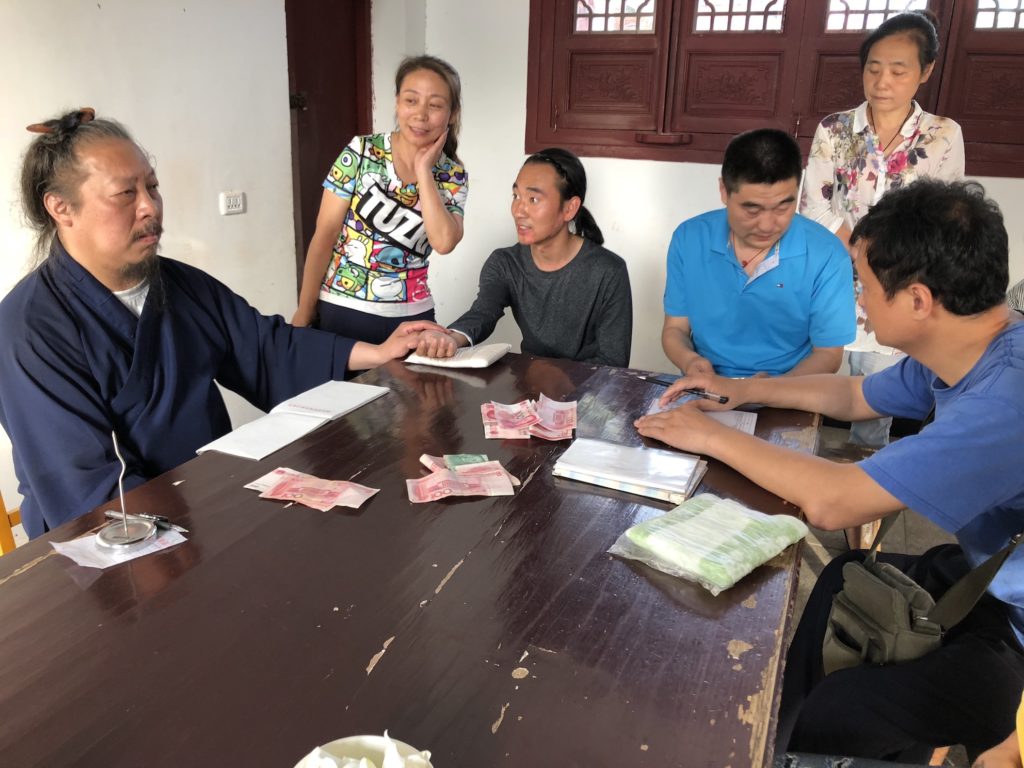
Now, I’ve written a much longer, and more ambitious piece in the New York Review of Books on Chinese medicine and the pandemic. (The piece is paywalled but if you register you can access several free articles a month. Also, the Asia Society’s ChinaFile archive of NYRB pieces now has the article free on its site here.)
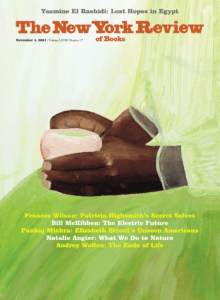
The article takes as its starting point a review of the incredibly influential 2001 book in China, 思考中医 (literally: “Considering Chinese Medicine”) by Liu Lihong, which made him famous and helped launch a return-to-the-classics movement in Chinese Medicine. Now, 20 years later, the books has been translated as Classical Chinese Medicine and is published by Chinese University Press in Hong Kong and Columbia University Press in the United States.
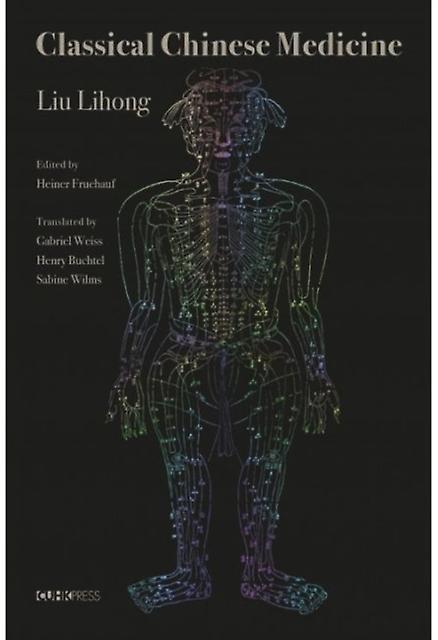
Besides describing the book, I look at how Liu traveled to the pandemic’s epicenter, Wuhan, to treat patients. His goal was to show that Chinese Medicine can help fight one of the biggest medical emergencies of his era. And unlike in the past, when Chinese Medicine was often a stepchild to science-based biomedicine, it’s much higher on the government agenda–part of Xi Jinping’s efforts to present himself as a champion of traditional culture and values.
The article looks at all of these trends, criticisms, and challenges, asking the question of whether Chinese Medicine will be damaged by this shower of attention and money.
